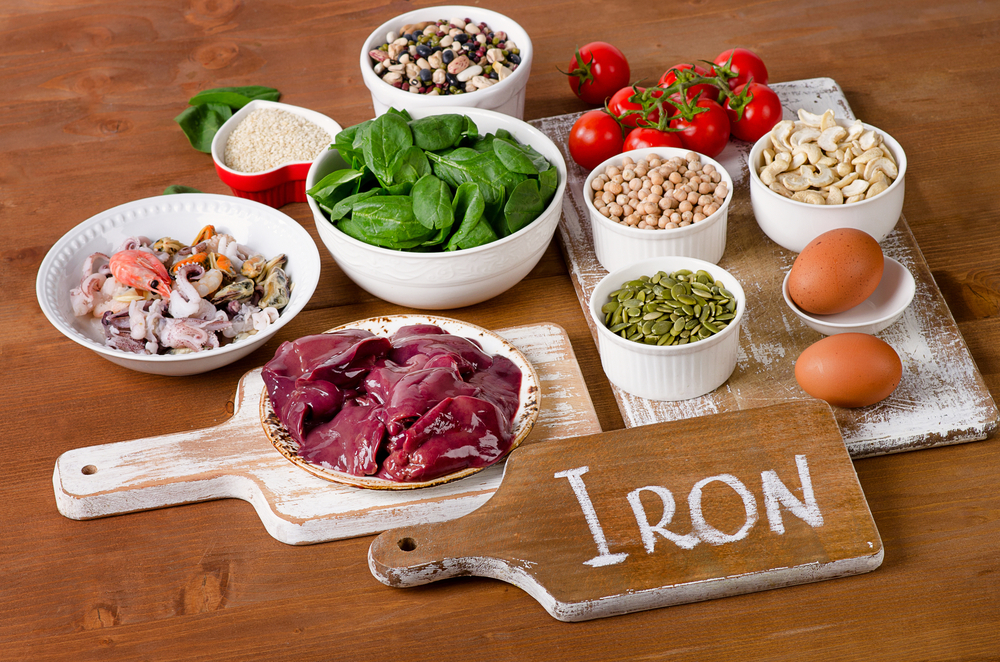
Why is Iron so Valuable for Health and Wellness?
You might consider iron a nutrient designated for weight lifters with Popeye arms. However, according to research from the Centers for Disease Control and Prevention (CDC), iron deficiency is major nutritional deficiency among Americans, particularly women, a group where 10% are found to suffer from low iron levels. So if you happen to be feeling fatigued for no apparent reason, low iron levels may be the reason why.
Here’s why iron is so vital for health:
1. Healthy hair, skin and nails
According to researchers at the University of Michigan Medical Center, you may see symptoms of iron deficiency on the surface of your skin first. Iron is a vital nutrient for nail, skin, and hair cell growth. So if you experience dry hair or hair loss, or if your nails become brittle (prone to breakage) and take on odd shape and texture, anemia (or iron-deficiency) may be the reason why.
2. Iron transports vital oxygen
According to scientists at the National Institutes of Health, Office of Dietary Supplements, iron is responsible for transporting oxygen via our red blood cells. If we lack iron, your body is also low in hemoglobin, the specific component within red blood cells that transports oxygen from the lungs and throughout the entire body. Bodies lacking iron are typically deficient in oxygen-carrying red blood cells, a condition known as anemia, and suffer from chronic fatigue, poor immunity, low brain function, and low birth weight babies (if you happen to be pregnant).
3. Promotes peaceful sleep
Iron also has a close link to sleep. If iron stores are good, sleep is undisturbed. However, in individuals with anemia, iron deficiency often causes restless leg syndrome (or itchy or twitching legs during rest), which makes for a poor night’s sleep. While the exact root of restless leg syndrome is a medical mystery, a 2009 study published by the National Institutes of Health found that 25% of patients with low iron levels also suffered from restless leg syndrome.
4. Regulates heartbeat
Oxygen and heart rate are closely aligned. For instance, as red blood cells transport vital oxygen to the organs and muscles, a normal, healthy heart beat results. However, if iron is deficient, the heart struggles to transport vital oxygen that the body requires, which can result in accelerated heart rate, heart palpitations, and heart failure if anemia is long term.
5. Breathe deep…
If you find yourself suddenly short of breath, you may be experiencing iron deficiency, which results in inadequate red blood cells (or hemoglobin) for the transport of oxygen to the muscles and tissues. When red blood cell levels are low, oxygen is depleted and the muscles struggle to get more oxygen to function, and shortness of breath is a common side effect. You may even find that normally easy activities (i.e., walking or climbing stairs) suddenly leaves you gasping for air.




